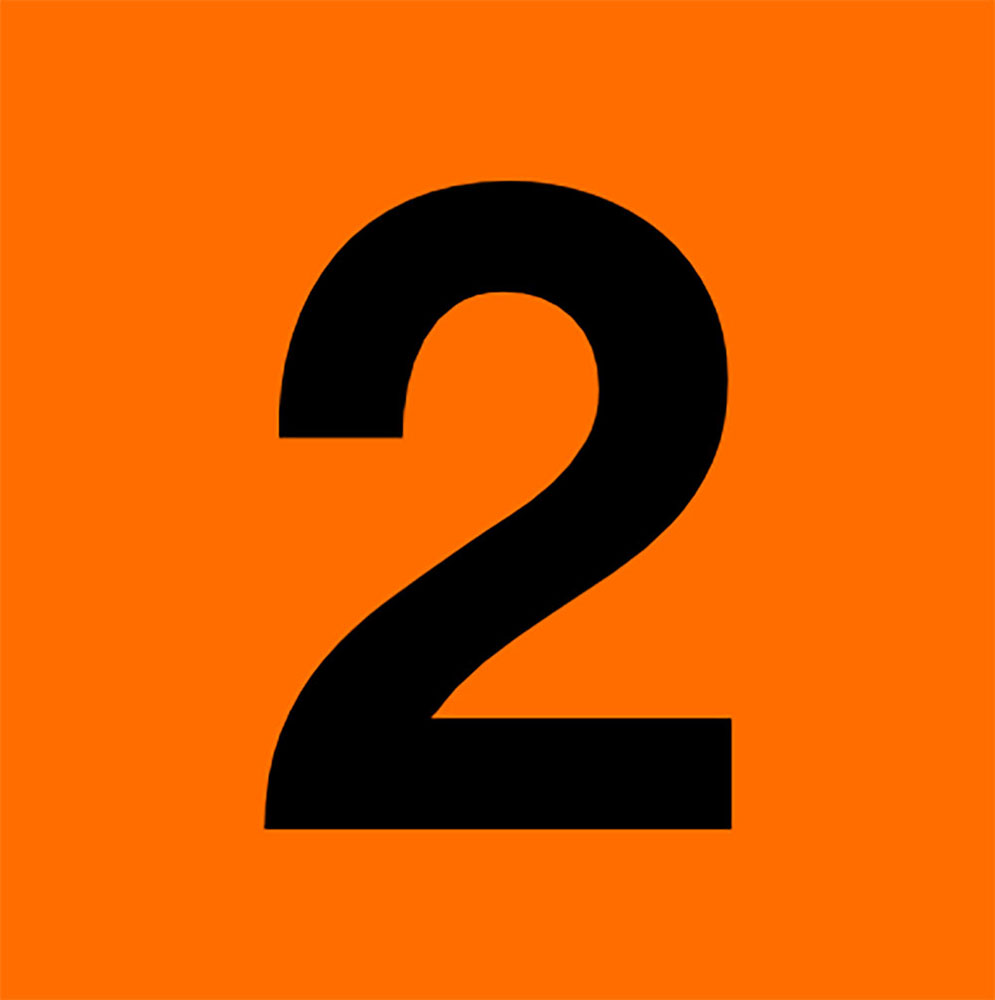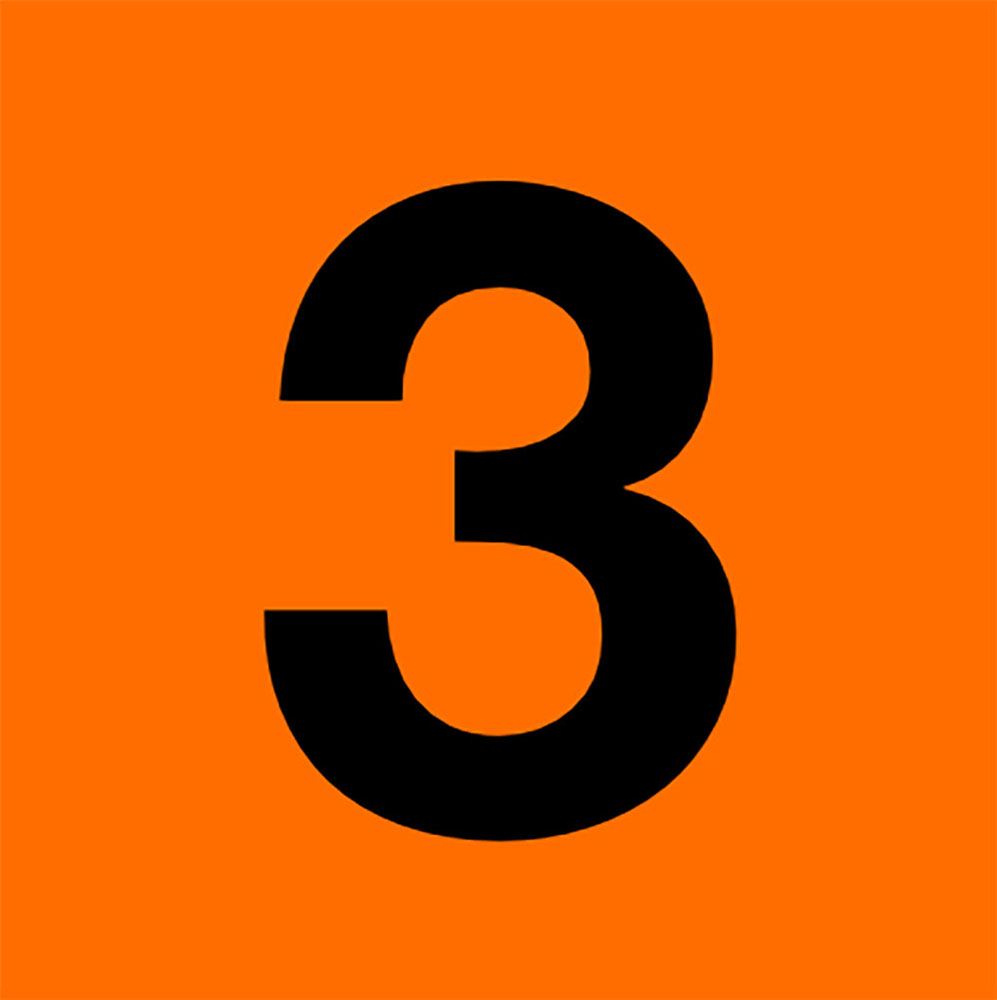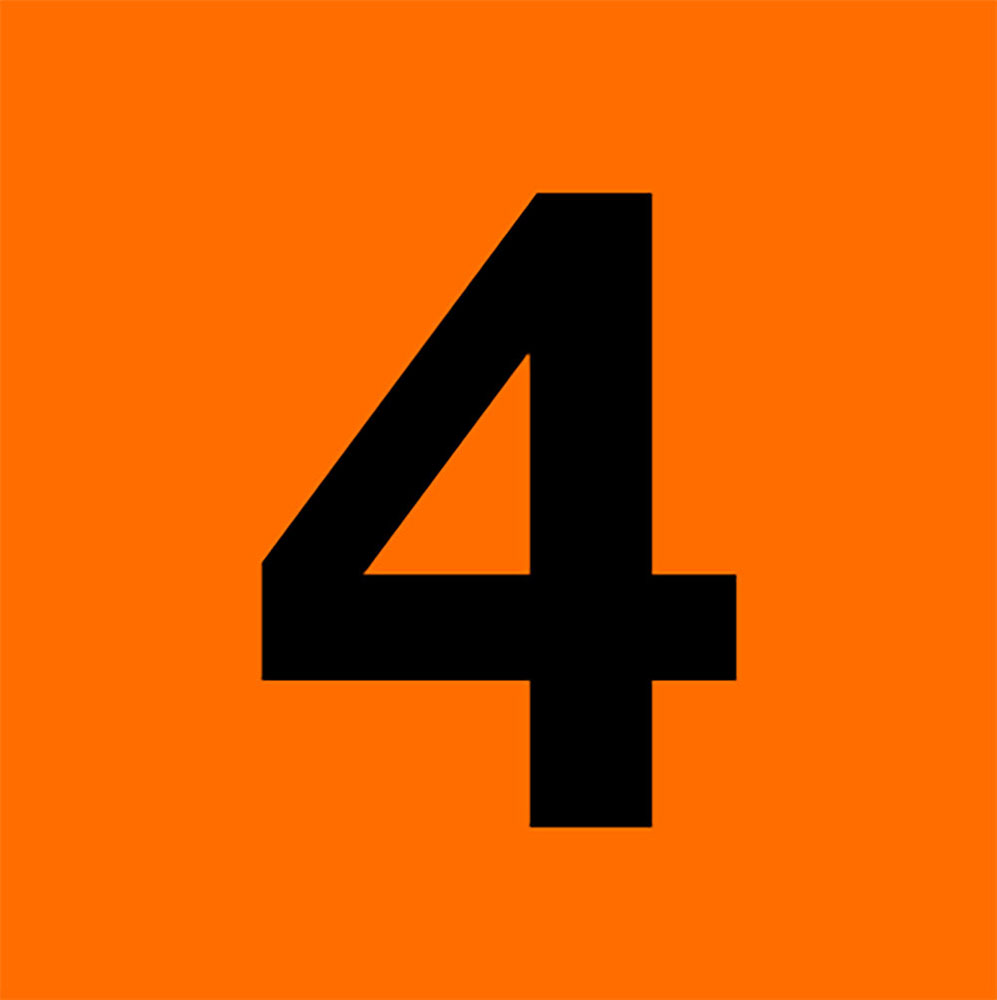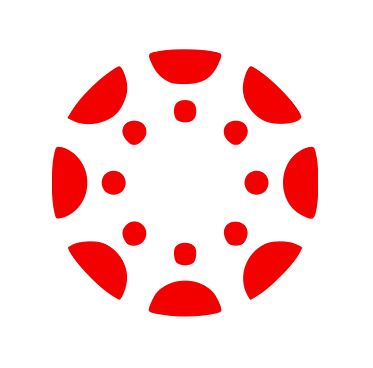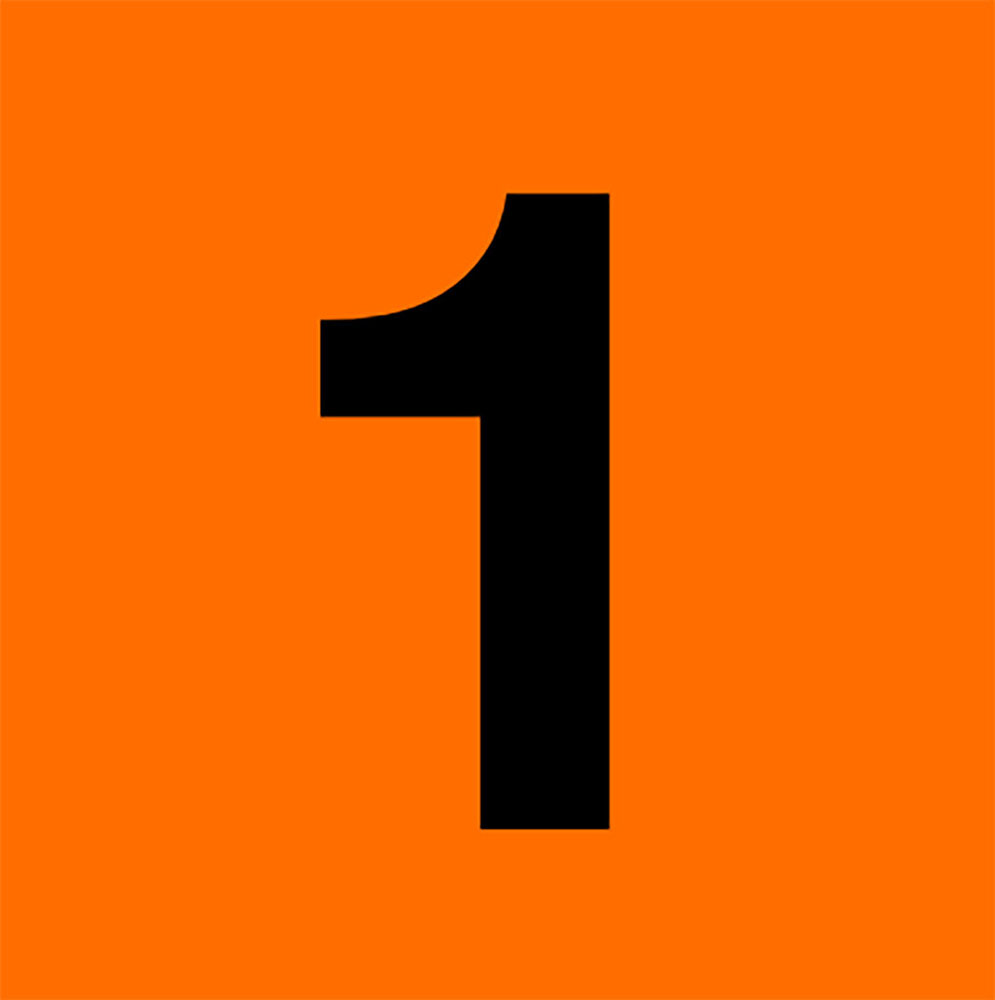
Science Discovery Exploration, Description, & Explanation

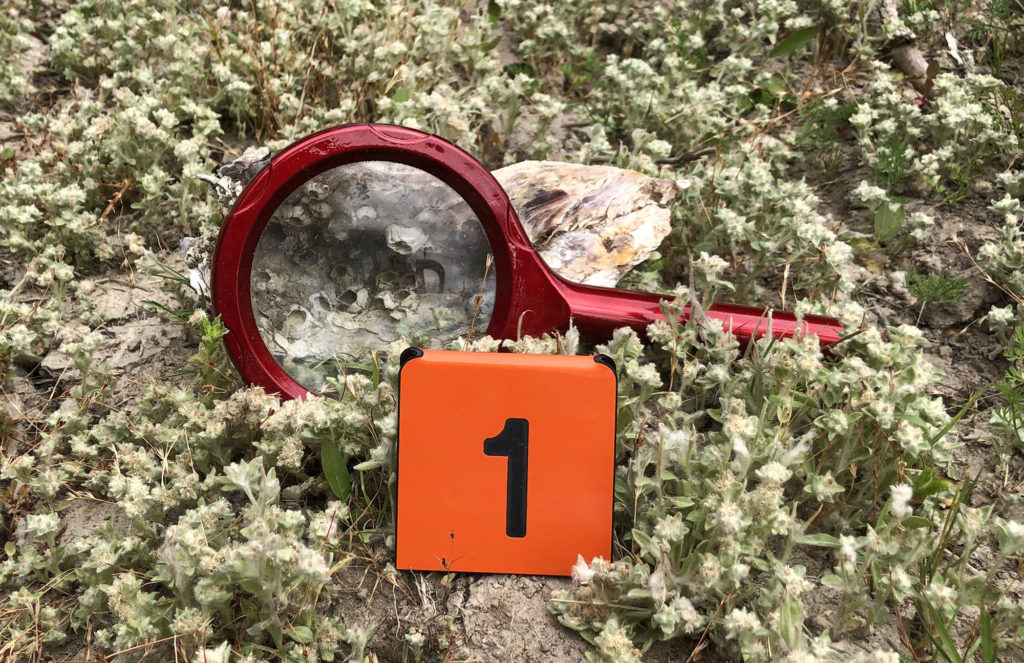
Science Discovery Objectives
-
Explain what is meant by science being “a process to gain knowledge about observable phenomena.”
-
Describe the process of science, including the role of exploration, description, and explanation in developing science knowledge.
-
Provide examples of exploration, description, and explanation.
Journal Pages
Journal pages are introduced in each guide
Assignments can be completed with commonly available items
Journal Pages are assembled into a final Biology Journal
Quizzes
Four questions on each quiz
Questions match four outcomes in each guide
Open notes and individual effort
Journaling has a long history in science.
This is a photo of notes the naturalist Charles Darwin made about barnacles, marine organisms with jointed feeding structures. There are images, text, and icons, in this case lines pointing to structures.
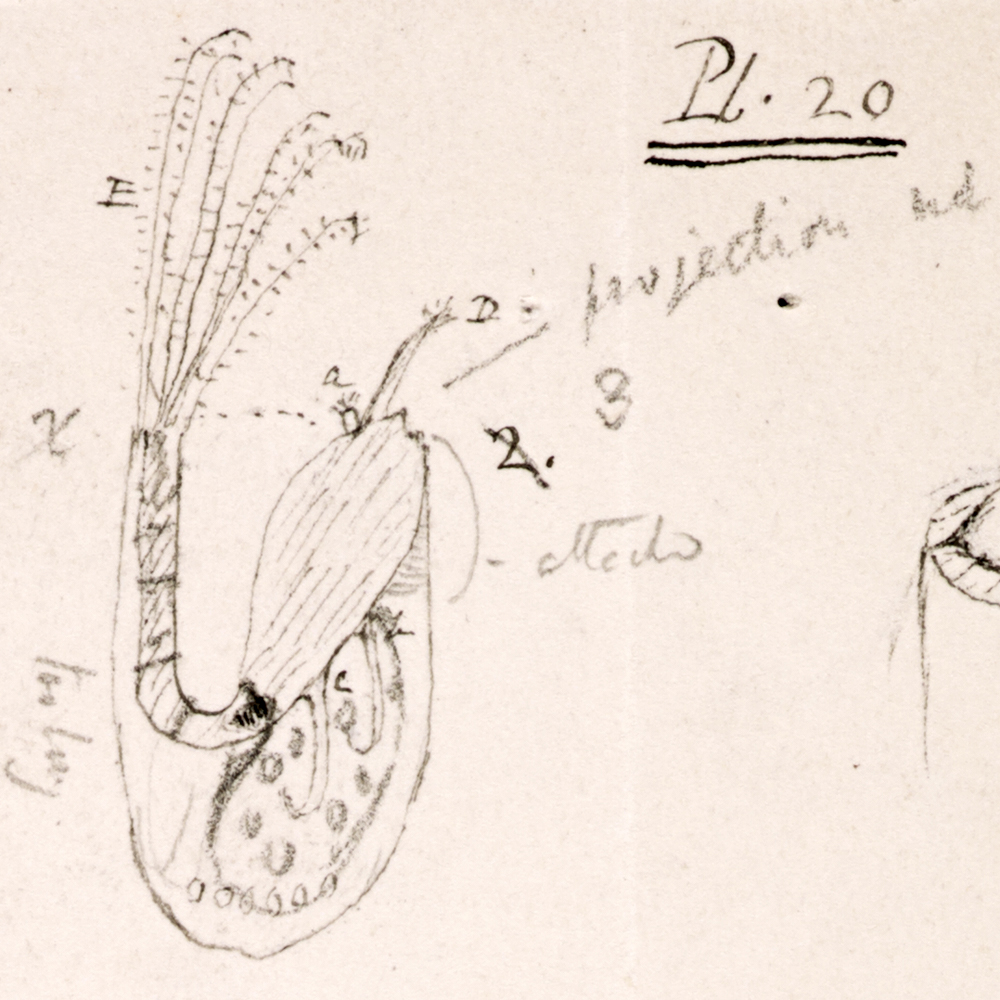
Journaling can be an alternative form of collecting that minimizes impact on organisms and environments.
Contemporary journaling about nature often incorporates found and recycled materials. Some artists produce “junk journals” from a variety of available resources.
You are welcome to use recycled materials in this course’s journal assignments.
Everyone typically develops their own style of journaling. Here are a few personal journals that show variations in journaling.
You can see a few examples of journaling you are doing in this course.
Start your first journal page here
Journal Page #1: Notes
In this section and the next three sections (webpages) of this Discovery Guide, you will be taking notes on the concepts that are covered. At the end of the guide, you will upload these notes to Canvas as one of this guide’s two journal assignments.
You can take notes digitally on a device or on a piece of paper that you digitally photograph and upload: your choice. You may have more than one page; take thorough notes because you can use these on the quiz.
We have provided PDF templates of the journal pages on Canvas if you have access to a printer. You do not need to use these; many people like to make their own pages, but also like to see what ours look like.

Include in your notes:
-
concepts from all four sections (web pages) in this guide.
-
a combination of text, images, and icons. Your notes may be mostly text, but some type of image and use of icons needs to be included.
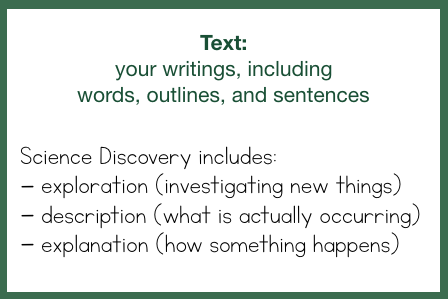
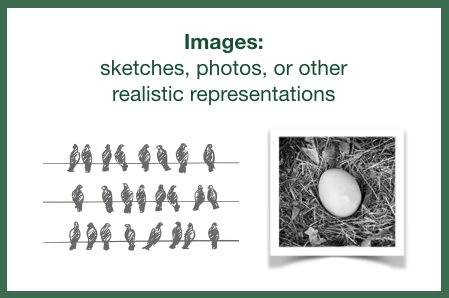
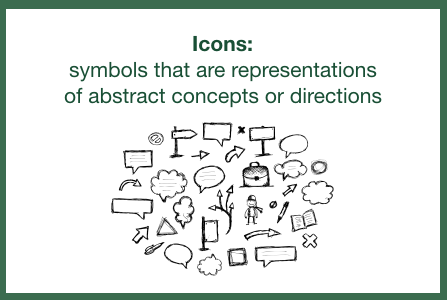
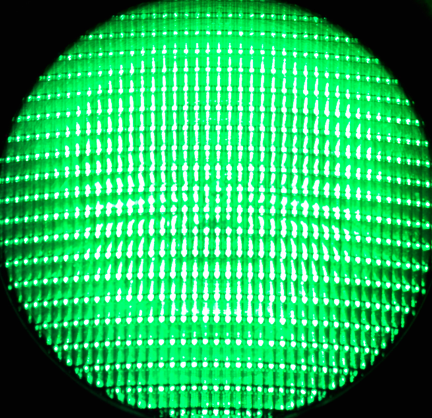
Start your notes here
What is science?
Take a moment and write down the names of three different science fields in your notes.
hint: you may have taken a few of these courses in high school.
What did you come up with? Common responses include: physics, chemistry, geology, and of course what we are here for, biology. Less common, but correct responses would also include: mathematics, logic, social sciences, environmental sciences, and more.
Some of the sciences are shown here in roughly chronological order from logic and mathematics through a few of the newest fields that integrate multiple disciplines.
Why are these sciences and not something else?
Science involves a specific process to gather knowledge about observable natural phenomena.
Let’s dissect this.
“Science involves a specific process…” This is science discovery, more on this in a moment.
“…to gather knowledge…” Science knowledge includes facts, laws, and theories, some of these will be in upcoming guides.
“…about observable natural phenomena.” We have to see it, smell it, touch it, or somehow observe something in nature directly or indirectly. More on this in the section on observation.
The process of science discovery includes exploration, description, and explanation.
Let’s see science discovery in action with a trip to the pacific coast.
We (Lesley & Mark) live in Corvallis Oregon. If we take highway 20 due west for 50 miles (about an hour), it ends in Newport, directly on the coast.
Nye beach in Newport, OR is a popular tourist destination
There is a habitat that many people just walk past instead of exploring…
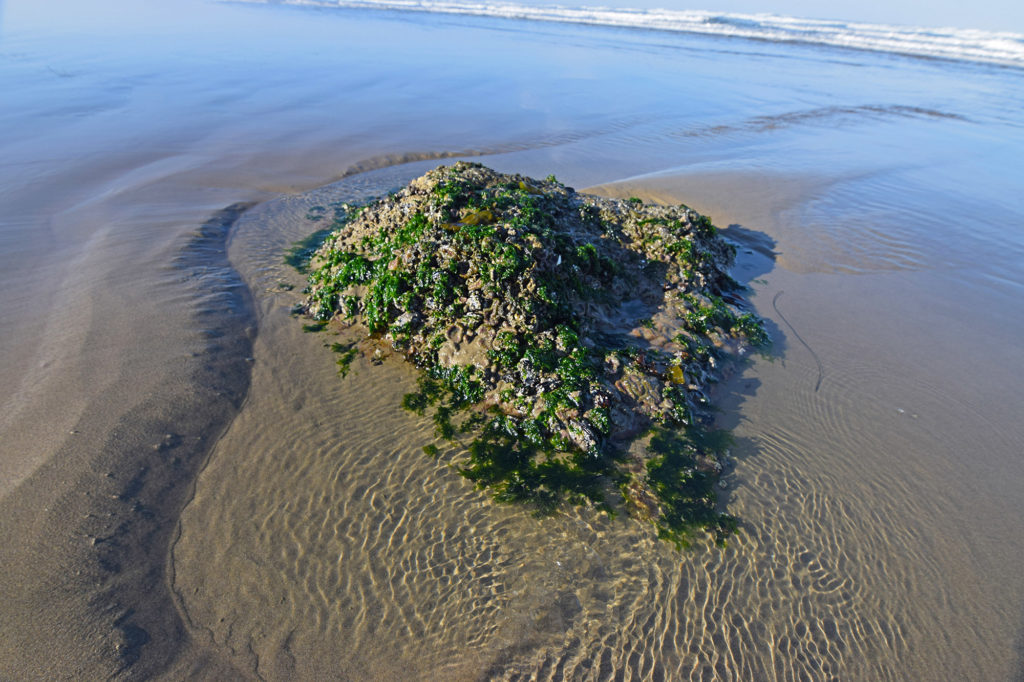
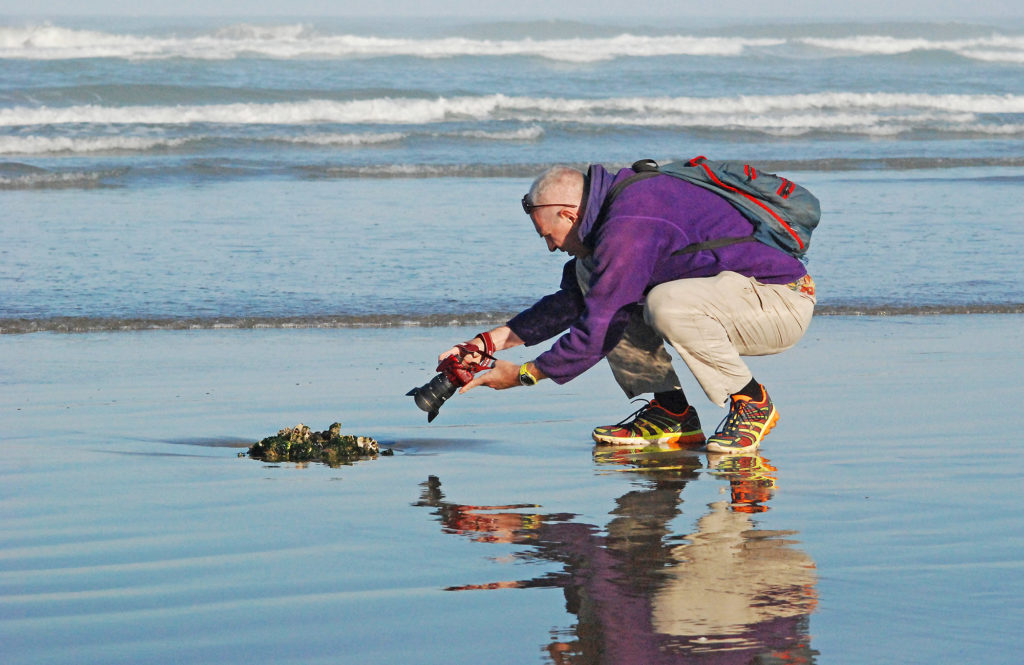
This gives you an idea of scale, Mark is taking a photo.
Exploration is investigating new phenomena, in this case, organisms on a micro (small) habitat, a rock that is exposed at low tide.
On the rock are numerous organisms. The next step is to accurately describe what is observed.
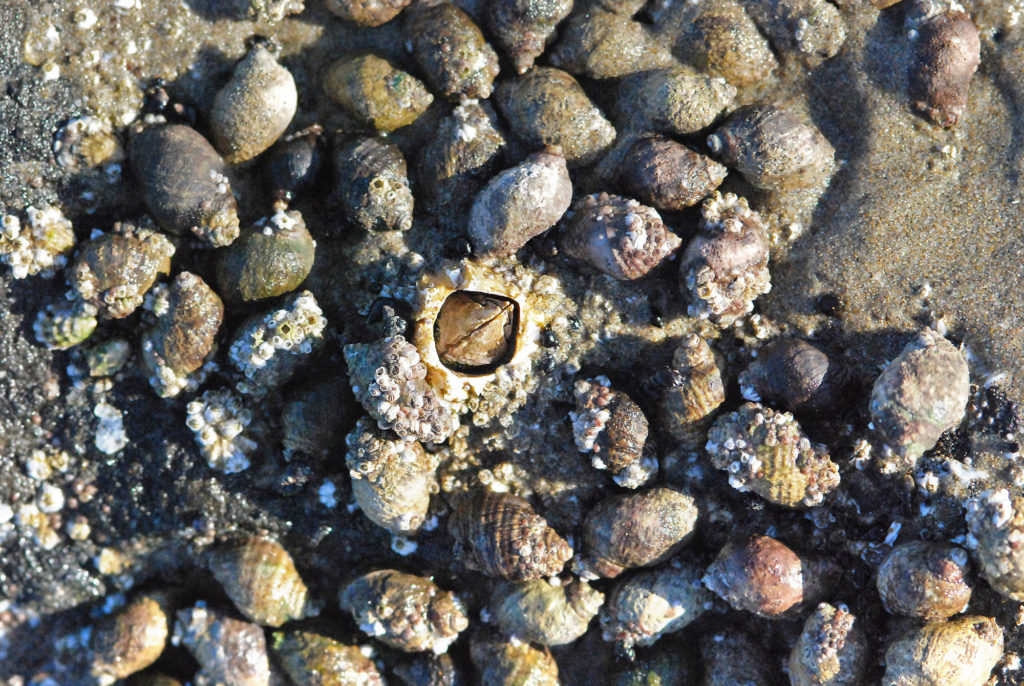
Barnacles
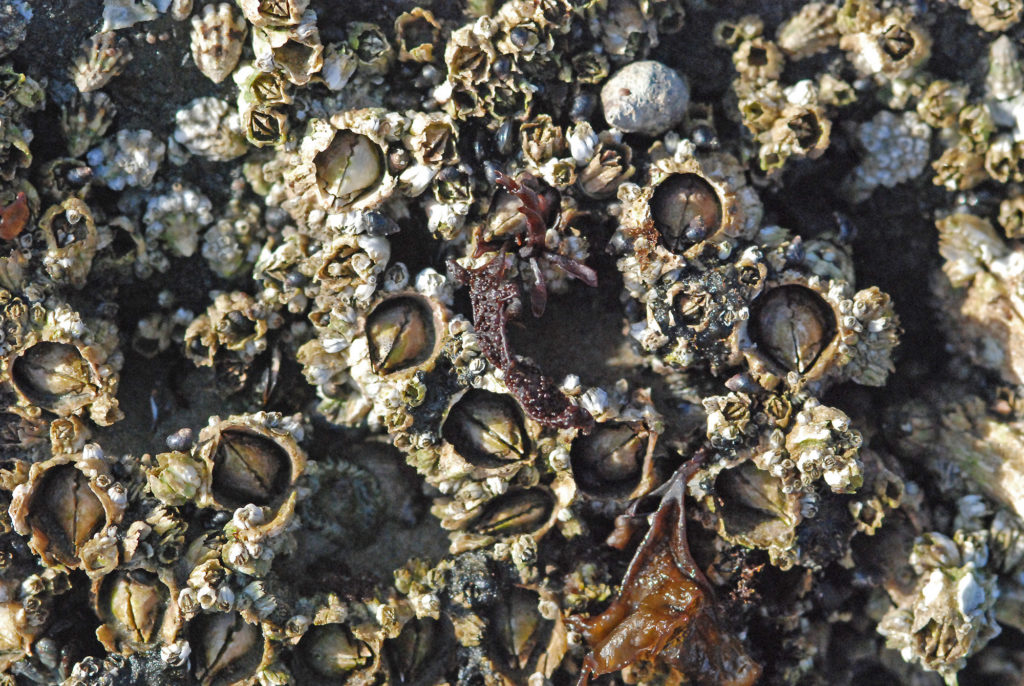
Different Species
The next step is to explain what you are describing.
There is a lot to explain. For example:
-
How do two species of barnacles coexist on the same rock? (more on this in a later section on competition)
-
Where did the barnacles come from, not just these organisms (later section on reproduction), but also the species themselves (section on speciation).
Explanation may take more detailed examination and description, for example, viewing the barnacles underwater. Experimentation may be necessary to determine whether explanations accurately predict what is occurring in nature.
In this course you will explore, describe, and explain, as well as learn from others who have gained knowledge through science discovery.
In the next section you will meet Charles Darwin who
explored, described, and explained changes that occur in species over time.
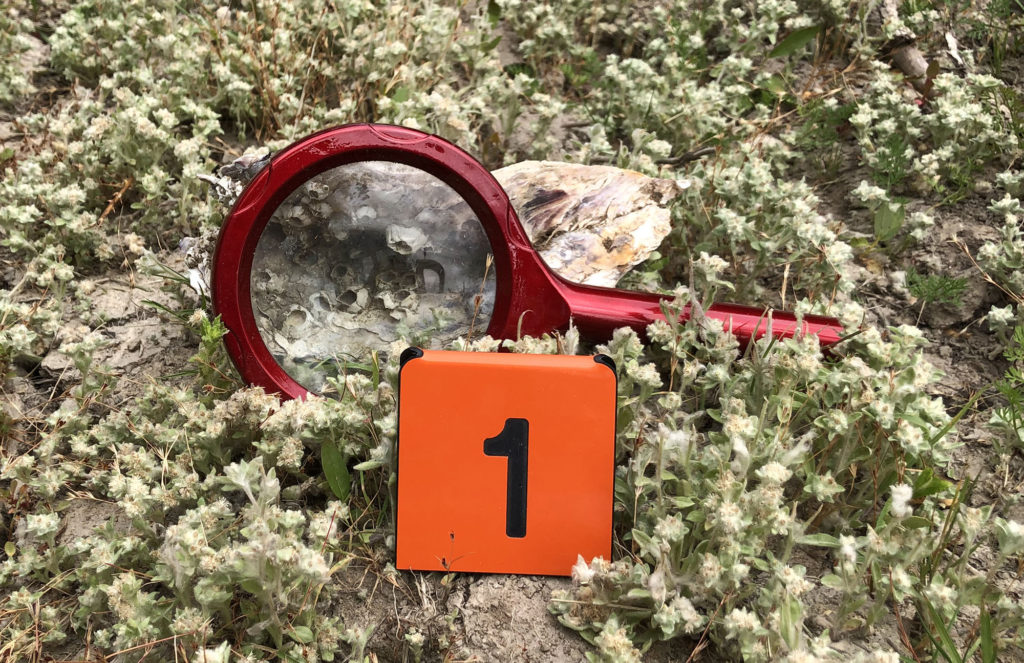
Check your knowledge. Can you:
-
explain what is meant by science being “a process to gain knowledge about observable phenomena?”
-
describe the process of science, including the role of exploration, description, and explanation in developing science knowledge?
-
provide a real-world example of exploration, description, and explanation?

